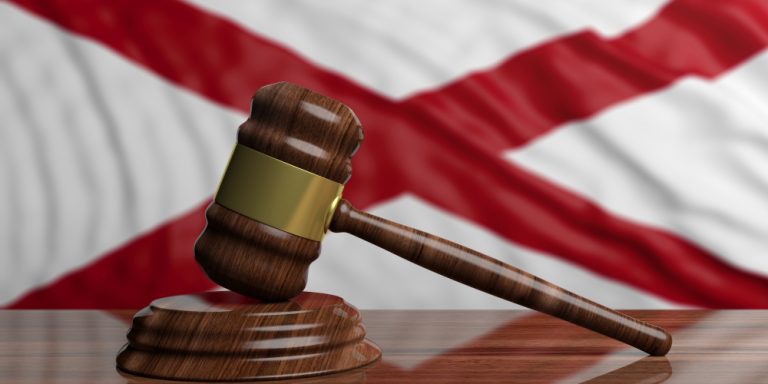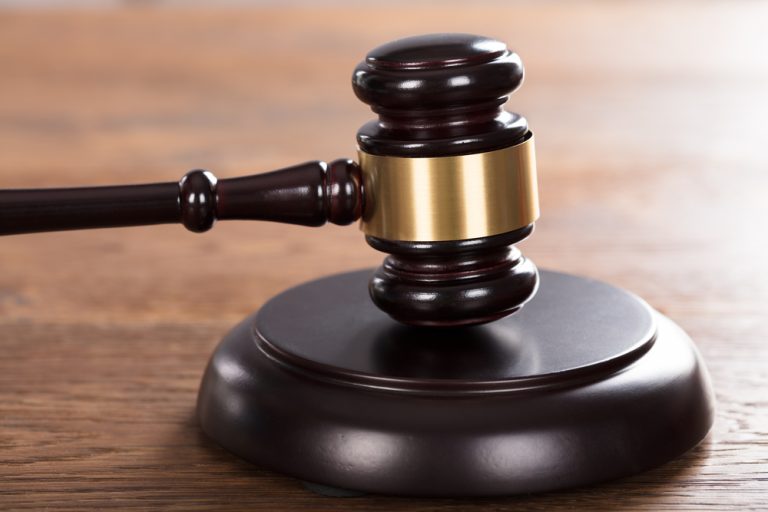Third DCA: Applying Daubert Under Florida Law in Perez v. Bell South Telecommunications, Inc.
Third DCA: Applying Daubert Under Florida Law in Perez v. Bell South Telecommunications, Inc.
The Third District Court of Appeal of Florida recently issued an opinion in Perez v. Bell So. Telecomm., No. 3D11-445, 2014 WL 1613654 (Fla. 3d DCA Apr. 23, 2014),which represents the Third District’s first pronouncement applying Daubert under Florida law since the legislative amendment took effect on July 1, 2013, repudiating the archaic Frye standard and pure opinion testimony in favor of the more widely accepted Daubert standard.
The case involved a negligence suit brought by Osmany Anthony Perez, a minor, by and through his mother, Maria Franco Perez, against the mother’s employer, Bell South Telecommunications, for the premature birth of the minor as a result of placental abruption, which the Plaintiff’s expert opined was induced or caused by “work place stress.” Id.at *4.
By way of background, Ms. Perez became pregnant while employed as a call center operator. Id.at *3. Dr. Isidro Cardella, a board-certified obstetrician and gynecologist, classified Ms. Perez’s pregnancy as “high risk” on May 5, 2004. Id. On July 30, 2004, Ms. Perez reported to Dr. Cardella being under a lot of stress at work. Id. Dr. Cardella provided Ms. Perez with a note to give to her employer placing a limitation of 40 hours on her work week and requesting frequent bathroom breaks due to the high risk nature of her pregnancy. Id. Less than two weeks later, Ms. Perez was fired for non-performance. Two days after her firing, she suffered a placental abruption and delivered her child at twenty weeks. Id.at *3-4.
Dr. Cardella opined that “workplace stress,” exacerbated by Bell South’s alleged refusal to accommodate Ms. Perez’s medical condition, was the causal agent of the placental abruption and premature delivery. Id.at *4. At his deposition, Dr. Cardella essentially testified and conceded there was no way of ever knowing for sure what caused the placental abruption, his conclusions were merely his own personal opinion, his opinion was unsupported by credible scientific research, there were no studies or medical literature regarding workplace stress tied to placental abruption, and he had never spoken on the topic and was not aware of anyone who had. Given the untested, unverified, hypothetical, speculative, conjectural, and ipse dixit nature of his opinions, the trial court excluded his opinions under Frye.
Since Dr. Cardella’s opinion testimony was the sole connection between the premature birth and Bell South, the trial court’s exclusion of his opinion testimony under Frye was the basis for granting summary judgment due to a lack of causal proof as a matter of law and fact. Id. at *6. Ms. Perez appealed the adverse summary judgment ruling contending that Dr. Cardella’s testimony was admissible as “pure opinion testimony” under Marsh v. Valyou, 977 So. 2d 543 (Fla. 2007). Following the Frye and summary judgment rulings, but prior to deciding the appeal, the Florida Evidence Code was amended on July 1, 2013.
The case presented an interesting procedural conundrum given the passing of the legislative amendment to Florida’s Evidence Code after the trial of the underlying suit but before the appeal. Such a consideration was one of the many inquires practioners and judicial minds contemplated in the wake of the amendment. This case makes clear that Daubert applies to pending cases on appeal that were previously decided under Frye. It also clarifies the retroactive application of the amendment. Id.at *4 (holding that “section 90.702 of the Florida Evidence Code indisputably applies retrospectively”).
The Third District found Dr. Cardella’s opinion testimony inadmissible under both the Frye and Daubert standards. Chief Judge Shepherd writing for the panel (which included Judges Wells and Rothenberg) explained that Ms. Perez’s contention on appeal regarding pure opinion testimony had been expressly prohibited in the recent amendment to the Florida Evidence Code. Id.at *8. The Florida Legislature went as far as making specific reference to the seminal pure opinion case of Marsh v. Valyou, 977 So. 2d 543 (Fla. 2007) in the amendment. As of July 1, 2013, pure opinion testimony is no longer permissible in Florida courts. Id. All expert testimony must now satisfy the requirements of Daubert.
Despite recognizing the conceptual debate over whether Frye or Daubert is stricter or more rigid, the Third District noted that “[t]he legislative purpose of the new law is clear: to tighten the rules for admissibility of expert testimony in the courts of this state.” Id.at *10. To this end, the Third District explained that the “touchstone of the scientific method is empirical testing – developing hypotheses and testing them through blind experiments to see if they can be verified.” Id.at *11. The court also discussed that “general acceptance in the scientific community,” which were the buzzwords under Frye, is now simply one of several factors to consider under Daubert,but is in no event a sufficient basis in itself for admissibility. Id.at *12. Under Daubert, there is no place for “subjective belief and unsupported speculation.” Id.
See also:







